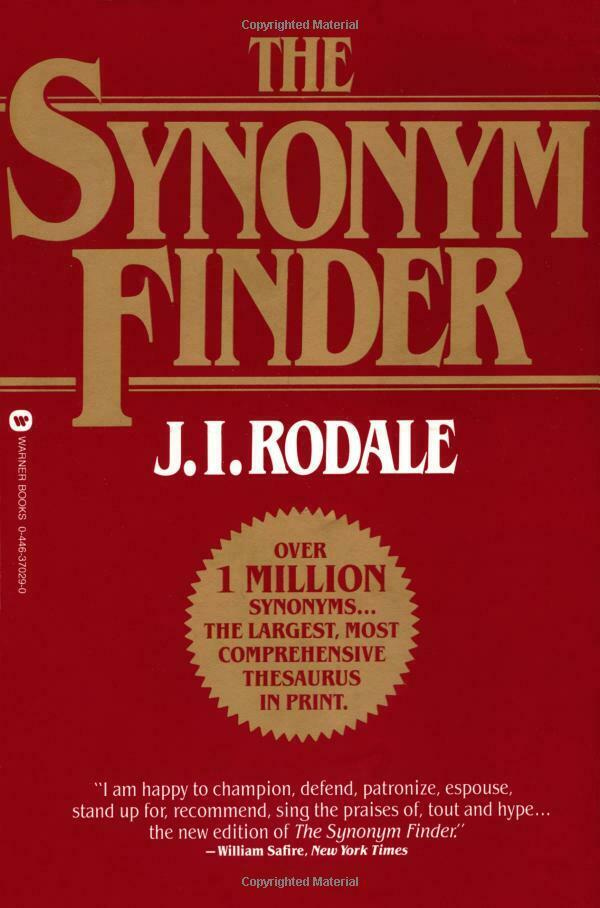The Looming Tower
Understanding the unthinkable
This book connects the dots. It answers the question of why 9/11 happened. It weaves together the many diverse strands from Arabia, Yemmen, Egypt, Sudan, Afghanistan, Germany and the US that lead to both al-Queda and the bombing of the Twin Towers. You see the final tapestry and say, Aha! The depth of the international research supporting the book is astounding. Every page is full of news. I was stunned both by how much intelligence insiders knew of Bin Laden, and how much the agencies failed to act on their knowledge. The book traces the saga of the Bin Laden family, the trajectory of Osama, who was a hero in Islam long before the Towers, the role of the heretics who influenced him, the fierce persecutions these radicals faced in their home country, and the sad, tragic turf wars and cultural ignorance in the US that blinded us to the looming disaster. This book will make you realize how ignorant we still are. No matter what side of the political fence you are on, it should be required reading before the next election.
— KK
The Looming Tower
Lawrence Wright
2007, 576 pages
$11
Available from Amazon
Sample excerpts:
Bin Laden’s [father’s] fortunes began to lift as the American engineers, under pressure from the Saudi government to train and hire more local workers, began giving him projects that were too modest for the major firms. He was quickly recognized as an exacting and honest builder. He was a small, handsome man, with one glass eye — the result of a blow a teacher had given him in his first days of schooling. Bin Laden never returned to school, and as a result he was illiterate — “his signature was like that of a kid,” one of his sons remembered. He was nonetheless brilliant with figures, which he could effortlessly calculate in his head, and he never forgot a measurement. An American who knew him in the 1950s described him as “dark, friendly, and energetic.” Aramco began a program that granted employees a leave for a year in order to try their luck in business. If they failed, they could return to the company with no loss in status. The Mohammed bin Laden Company was one of many enterprises that got its start with Aramco sponsorship.
Saudi Arabia needed roads. Even into the fifties, there was only one well-paved road, from Riyadh to Dhahran. Bin Laden looked at his giant rival, Bechtel, and realized that without equipment he could never compete for the really important contracts. He began acquiring machinery, and within a very brief span of time he was the largest customer of Caterpillar earth-moving equipment in the world. From now on, he would build nearly every important road in the Kingdom.
*
Ayman al-Zawahiri was defendant number 113 of the 302 who were charged with aiding or planning the October 1981 assassination of Anwar al-Sadat. He became spokesperson for the defendants because of his superior English. He is shown here delivering his lecture to the world press in December 1982. Many blame the torture of prisoners in the Egyptian prisons for the savagery of the Islamist movement. “They kicked us, they beat us, they whipped us with electric cables! They shocked us with electricity! And they used the wild dogs!”
*
In 1995 [Osama] Bin Laden began to have second thoughts about his life. He was struggling to keep his businesses afloat and his organization from flying apart. He could no longer afford to be a dilettante, but he was unwilling to cut loose his unprofitable projects and was paralyzed by the unfamiliar predicament of being broke. He was also pining for the familiar. “I am tired,” he told one of his followers. “I miss living in Medina. Only God knows how nostalgic I am.” Al-Qaeda so far had come to nothing. It was another of his tantalizing enthusiasms that had no leadership and no clear direction. Al-Qaeda’s treasurer, Medani al-Tayeb, who had married Osama’s niece, had been urging bin Laden to reconcile with the king as a way of rectifying the organization’s dire finances. The Saudi government sent several delegations to see him in Khartoum. According to bin Laden, the government offered to return his passport and his money provided that “I say through the media that the king is a good Muslim.” He also claimed that the Saudis offered two billion riyals ($533 million) to his family if he abandoned jihad. He was torn between his righteous stance against the king and his sudden need for funds to keep al-Qaeda alive. When he rejected the offer, Tayeb defected, causing panic among the members when he turned up back in Saudi Arabia.
*
Moussaoui was probably intended to be part of a second wave of al-Qaeda attacks that would follow 9/11, most likely on the West Coast. If the agents in Minneapolis had been allowed to thoroughly investigate Moussaoui, they would have made the connection to Ramzi bin al-Shibh, who was sending him money. Moussaoui carried a letter of employment from Infocus Tech,which was signed by Yazid Sufaat. That name meant nothing to the FBI, since the CIA kept secret the information about the meeting in Kuala Lumpur, which took place in Sufaat’s condo. The bureau failed to put together the warning from its own office in Minneapolis with that of Kenneth Williams in Phoenix. Typically, it withheld the information from Dick Clarke and the White House, so no one had a complete picture.
Related items previously reviewed in Cool Tools:
The 911 Report: A Graphic Adaptation
11/28/07








